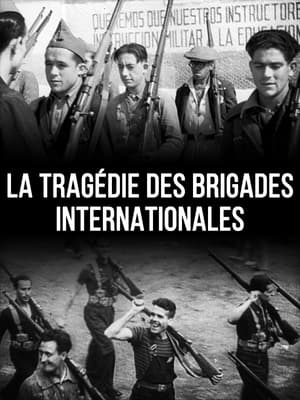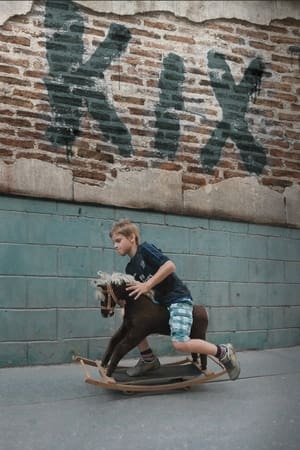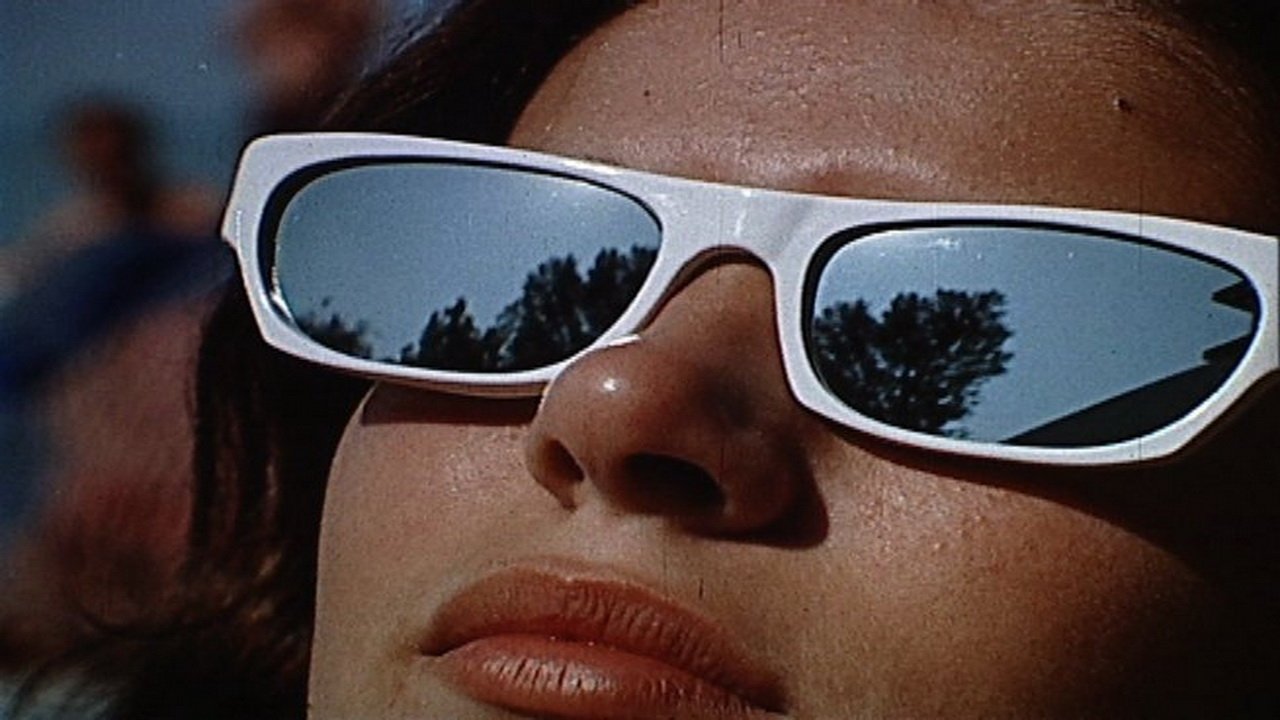

Balaton retró(2007)
Scenes from holiday life at Lake Balaton in Hungary during the communism.
Movie: Balaton retró

Balaton retró
HomePage
Overview
Scenes from holiday life at Lake Balaton in Hungary during the communism.
Release Date
2007-12-12
Average
7.7
Rating:
3.9 startsTagline
Genres
Languages:
MagyarKeywords
Recommendations Movies
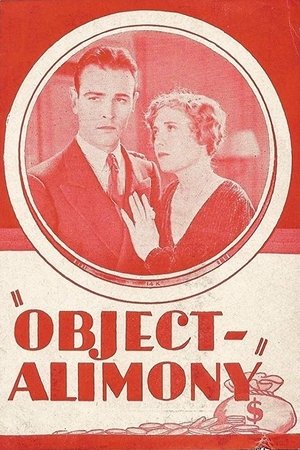 6.0
6.0Object: Alimony(en)
Ruth Butler, a clerk in an emporium, marries Jimmy Rutledge and thereby greatly displeases his mother, the owner of the emporium, because of Ruth's lowly origins. Renaud Graham, one of Mrs. Rutledge's friends, becomes interested in Ruth, forces his way into her apartment, and attempts to make violent love to her. Jimmy walks in on their embrace and, suspecting the worst, leaves Ruth. In the family way, Ruth finds refuge in a boardinghouse where she meets Al Bryant, an aspiring writer. Ruth tells Al her life story, and he makes it into a bestselling novel and then into a play. Jimmy sees the play and comes to his senses, winning Ruth's forgiveness.
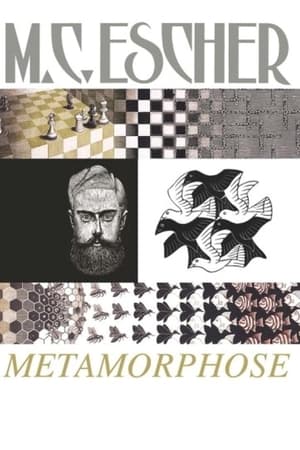 7.0
7.0Metamorphose: M.C. Escher, 1898-1972(en)
A documentary about the life and works of the artist M. C. Escher. Maurits Cornelis Escher (1898-1972) usually referred to as M. C. Escher, was a Dutch graphic artist. He is known for his often mathematically inspired woodcuts, lithographs, and mezzotints. These feature impossible constructions, explorations of infinity, architecture, and tessellations.
 3.7
3.7Arena Brains(en)
A short film by painter-turned-filmmaker Robert Longo, "Arena Brains" is a series of interlocking vignettes set in and around the art world of 1980s New York City, satirizing the neuroses and eccentricities of this milieu.
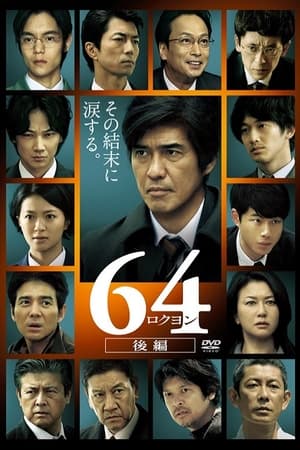 7.4
7.464: Part 2(ja)
1989: 64th and last year of the Showa era. A girl is kidnapped and killed. The unsolved case is called Case 64 ('rokuyon'). 2002: Yoshinobu Mikami, who was the detective in charge of the Case 64, moves as a Public Relations Officer in the Police Affairs Department. His relation with the reporters is conflicted and his own daughter is missing. The statute of limitations for the Case 64 will expire in one year. Then a kidnapping case, similar to the Case 64, takes place. The rift between the criminal investigation department and police administration department deepens. Mikami challenges the case as a public relations secretary.
Cães(pt)
"Cães" proposes a reflection around the socio-cultural heritage of the brazillian land structure, specifically the northeastern sertão, in which it has its support, in a system of land concentration, in the hands of a minority represented by the old rural oligarchies.
Woody's Knight Mare(en)
While in England, the ruthless King John has placed his gold crown on a pole and everyone has to bow down to it as they pass. Woody refuses to bow down to it and is chased by the king's guard.
 8.0
8.0Largo Ma Non Tanto(en)
The film is about the flickering time of travel in unfamiliar space. This video sequence, sound track and text, communicating with each other through roll calls, resonances and random coincidences. Together they form an unstable object, a movie about architecture and music, immovable and racing.
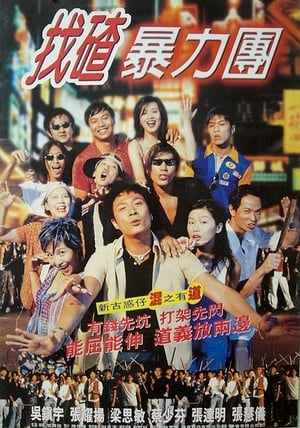 4.7
4.7Once Upon a Time in Triad Society 2(cn)
The second spin-off film from the Young and Dangerous series.
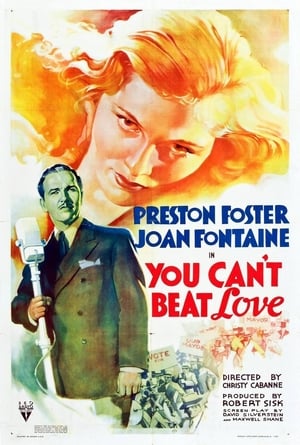 6.0
6.0You Can't Beat Love(en)
The film begins with a knuckle-head playboy (Preston Foster) working on a road crew dressed in a tux in order to win a bet. Apparently, this guy will take on any bet or act on a whim. This becomes very apparent when he disrupts a food giveaway hosted by the mayor's daughter and as a result of this, he announces he's running for mayor--though he seems very much apolitical and has no interest in the job. Later, when he once again meets up with the mayor's daughter (Joan Fontaine) they supposedly fall in love--although there seemed to be little chemistry between them and it made very little sense for Fontaine to suddenly love a guy she so quickly hated at the beginning of the film. Plus, she really had plenty of reason to dislike the guy.
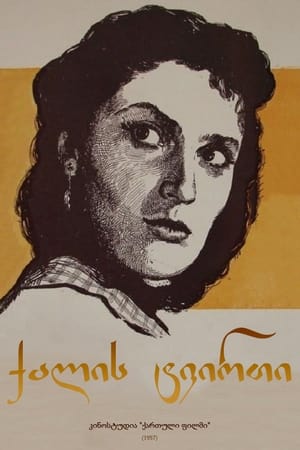 6.0
6.0The Fate Of A Woman(ka)
Keto is forced to marry a gendarme captain after her brother is arrested for trying to free her revolutionary financé
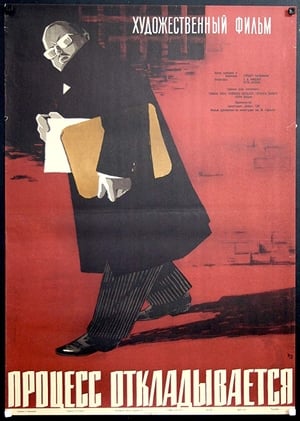 5.0
5.0Der Prozeß wird vertagt(de)
In 1955, Michael Vierkant, a Jew who had emigrated during the Nazi era, returns from abroad to the Federal Republic of Germany to obtain the conviction of Korn, the former informer responsible for the murder of his sister. Korn is back in office; Michael's efforts remain unsuccessful. There is a direct confrontation between the two, and Michael shoots Korn in self-defense. He flees and is hidden by the young, reclusive artist Marie Jäger, but is then caught by the police and charged with premeditated murder. The case is taken out of the hands of the criminal investigation department by the Office for the Protection of the Constitution, which constructs an act of political revenge on behalf of the communists. Michael manages to escape from prison. Marie and her friends organize a press conference at which Michael reveals the connections. The trial is postponed.
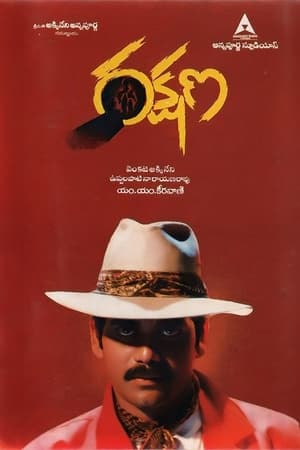 4.0
4.0Rakshana(te)
Sriram Bose, a righteous policeman, relentlessly fights against the underworld gangster Salim Ghouse. When Salim murders his friend, Nassar, and kidnaps his daughter, Bose tries to rescue her.
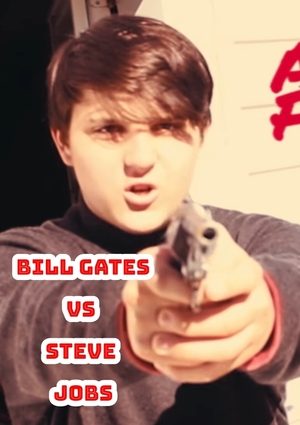 10.0
10.0Bill Gates Vs Steve Jobs(en)
A Frodaddy Production Bill gates travels back in time to Ask Steve For Forgivness But As Expected Steve Had to be An A Hole
 7.4
7.449 Up(en)
49 Up is the seventh film in a series of landmark documentaries that began 42 years ago when UK-based Granada's World in Action team, inspired by the Jesuit maxim "Give me the child until he is seven and I will give you the man," interviewed a diverse group of seven-year-old children from all over England, asking them about their lives and their dreams for the future. Michael Apted, a researcher for the original film, has returned to interview the "children" every seven years since, at ages 14, 21, 28, 35, 42 and now again at age 49.In this latest chapter, more life-changing decisions are revealed, more shocking announcements made and more of the original group take part than ever before, speaking out on a variety of subjects including love, marriage, career, class and prejudice.
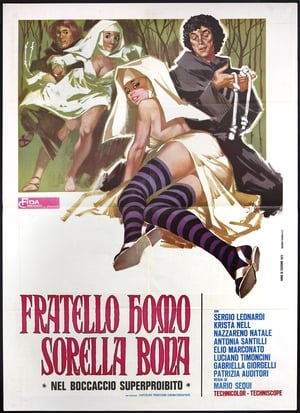 4.5
4.5Roman Scandals '73(it)
The young Chiarina di Vallefiorita is forced by her father to marry an old, fat, rich man. With the help ot the monk of a nearby convent, she will escape her fate.
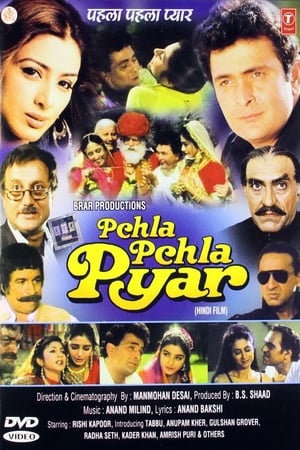 6.4
6.4Pehla Pehla Pyar(hi)
Sapna runs away from her aristocratic home, fed-up of the hatred and family politics. She meets with Raj, who she is attracted to. Raj, at first wants to get rid of her, then eventually falls in love with her. Then the two of them have to be on the run as her family find out where she is after they put up a reward for her whereabouts.
 8.9
8.9Tacoma(en)
On their last night of spring break, four old friends, now all college freshmen, realize their small town has more meaning than they ever imagined.
Similar Movies
 3.2
3.2Großes Kino made in DDR(de)
In 2016, DEFA celebrates its 70th anniversary: the film embarks on a journey into the exciting film history of the GDR. In a comprehensive kaleidoscope, the importance of DEFA productions is illuminated, the relevance of the films as propaganda productions for the GDR, which socio-political themes were in the foreground, but also which heroes DEFA brought to the screen and celebrated as people from the people.
 7.1
7.1Fahrenheit 9/11(en)
Michael Moore's view on how the Bush administration allegedly used the tragic events on 9/11 to push forward its agenda for unjust wars in Afghanistan and Iraq.
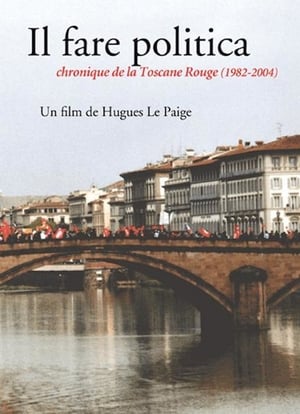 0.0
0.0Il fare politica(it)
Fabiana, Carlo, Claudio and Vincenzo… I met them in 1982 in Mercatale, their village in Tuscany, near Florence. They were aged between 25 and 45 and were cheerful militants in the Italian Communist Party, that strange party which has made its mark on history and which was both a school and a family for them. I have filmed in Mercatale every two or three years for over 20 years (1982/2004). The fi lm takes the “long view” of their political and personal development against the backdrop of village life. Stories with both human and political interest spanning over a quarter of a century with relevance for present day issues: what has become of the plans to change the world in Berlusconi’s Italy? From a more global perspective: what else can politics do? When the time comes to take stock the paths of their rich and varied personal lives cross once more with all their doubts and allegiances.
 7.3
7.3The Red Elvis(de)
A documentary on the late American entertainer Dean Reed, who became a huge star in East Germany after settling there in 1973.
 3.0
3.0Pathway(zh)
Xu Xin’s film “Dao Lu” (China 2012) offers an exclusive “in camera” encounter with Zheng Yan, an 83 year-old veteran of the Chinese Red Army, who calmly relates how he has navigated his country’s turbulent history over three-quarters of a century.Born to a wealthy family in a foreign concession, Yan joined the Chinese Communist Party (CCP) in 1941 because he sincerely believed in the socialist project, and in its immediate capacity to free China from the Japanese yoke and eradicate deep-rooted corruption.
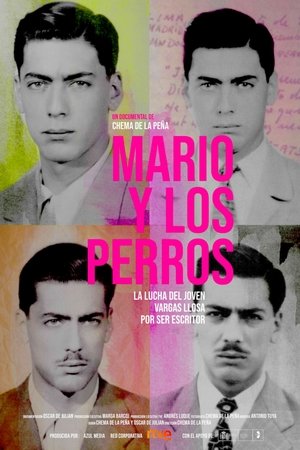 7.0
7.0Mario y los perros(es)
An account of the childhood and youth of the Peruvian writer Mario Vargas Llosa, Nobel Prize for Literature in 2010, and how the hard experiences he lived during these formative years led him to write and publish his first major work when he was only 26 years old.
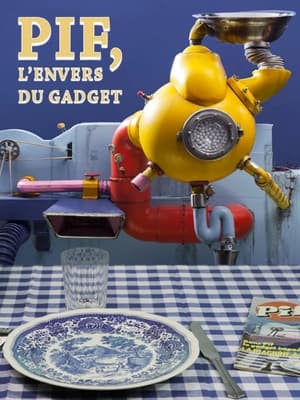 5.7
5.7Pif, Behind the gimmicks(fr)
Taking stock of the extraordinary adventure of "Pif Gadget", a French publishing phenomenon of the 1970s-80s and even of the whole history of children's press. For the comic-strip magazine with the iconic dog, created in 1969 by the French Communist Party, often reached a million copies. With editions available for all of Europe (including Germany, under the title Yps), and on both sides of the Iron Curtain.
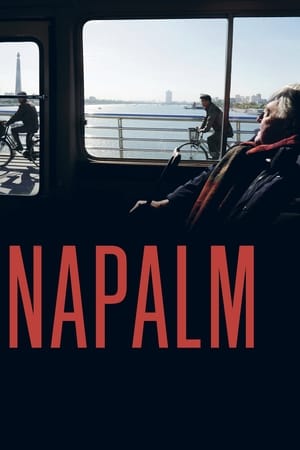 4.9
4.9Napalm(fr)
Napalm is the story of the breathtaking and brief encounter, in 1958, between a French member of the first Western European delegation officially invited to North Korea after the devastating Korean war and a nurse working for the Korean Red Cross hospital, in Pyongyang, capital of the Democratic People’s Republic of Korea.
Kymatica(en)
Ben Stewart, the bright young musician and philosopher who brought us the sleeper hit "Esoteric Agenda", unveils his new work, Kymatica!. Kymatica will venture into the realm of Cymatics and Shamanic practices. It will offer insight into the human psyche and discuss matters of spirituality, altered states of consciousness and much more! Not to be missed!
 7.5
7.5Cuba and the Cameraman(en)
This revealing portrait of Cuba follows the lives of Fidel Castro and three Cuban families affected by his policies over the last four decades.
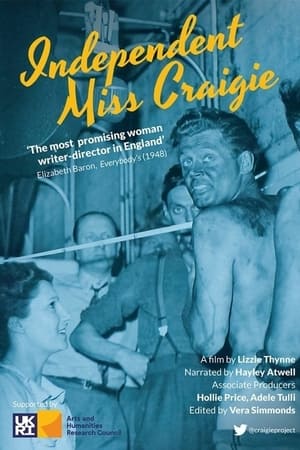 8.0
8.0Independent Miss Craigie(en)
Some time after her death, film director Jill Craigie (1911- 99), re-opens an old suitcase, prompting memories of the extraordinary life and loves of this forceful, charismatic woman, whose work has been long neglected. Craigie was one of the first women to direct documentaries. Working outside the British Documentary Movement in the 1940s and early 1950s, her films such as To Be Woman (1951), on equal pay, and Out of Chaos (1944), the first film about artists at work, featuring Henry Moore and Paul Nash, tackled new subjects for the cinema through a unique blend of drama, polemic and humour. Independent Miss Craigie uses the director’s unseen papers, and her films, to reveal her energetic struggles to get her radical projects made and distributed, including her last one, on the Yugoslav conflict, made when she was 83, with her husband, former Labour leader, Michael Foot.
 7.7
7.7Hearts and Minds(en)
Many times during his presidency, Lyndon B. Johnson said that ultimate victory in the Vietnam War depended upon the U.S. military winning the "hearts and minds" of the Vietnamese people. Filmmaker Peter Davis uses Johnson's phrase in an ironic context in this anti-war documentary, filmed and released while the Vietnam War was still under way, juxtaposing interviews with military figures like U.S. Army Chief of Staff William C. Westmoreland with shocking scenes of violence and brutality.
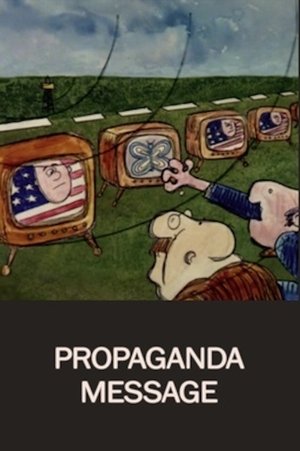 8.0
8.0Propaganda Message(en)
A cartoon film about the whole heterogeneous mixture of Canada and Canadians, and the way the invisible adhesive called federalism makes it all cling together. That the dissenting voices are many is made amply evident, in English and French. But this animated message also shows that Canadians can laugh at themselves and work out their problems objectively.
 7.2
7.2Stanisław Lem: Autor Solaris(pl)
An account of the life and work of the Polish writer Stanisław Lem (1921-2006), a key figure in science fiction literature involved in mysteries and paradoxes that need to be enlightened.
 0.0
0.0Torn from the Flag(en)
A sociopolitical historical documentary-thriller about the international decline of communism and the 1956 Hungarian Revolution.
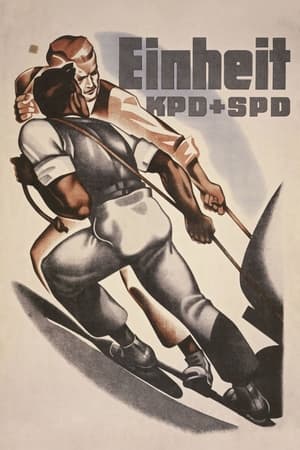 5.0
5.0Unity SPD – KPD(de)
Documentary about the merging of the Communist Party of Germany and the Socialist Unity Party of Germany in the Soviet occupation zone, a merger that would lead to the creation of the Socialist Unity Party that would rule the soon-to-be-created East Germany until 1989.
 7.0
7.0Lenin kam nur bis Lüdenscheid - Meine kleine deutsche Revolution(de)
The free, almost naive view from the perspective of a child puts the "68ers" in a new, illuminating light in the anniversary year 2008. The film is a provocative reckoning with the ideological upbringing that seemed so progressive and yet was suffocated by the children's desire to finally grow up. With an ironic eye and a feuilletonistic style, author Richard David Precht and Cologne documentary film director André Schäfer trace a childhood in the West German provinces - and place the major events of those years in completely different, smaller and very private contexts.
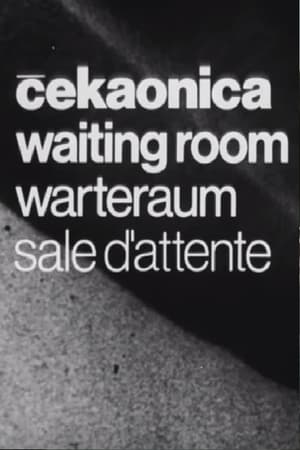 0.0
0.0Waiting Room(sh)
Short Croatian documentary from the former Yugoslavia by Ante Babaja that captures the different faces in a waiting room.

